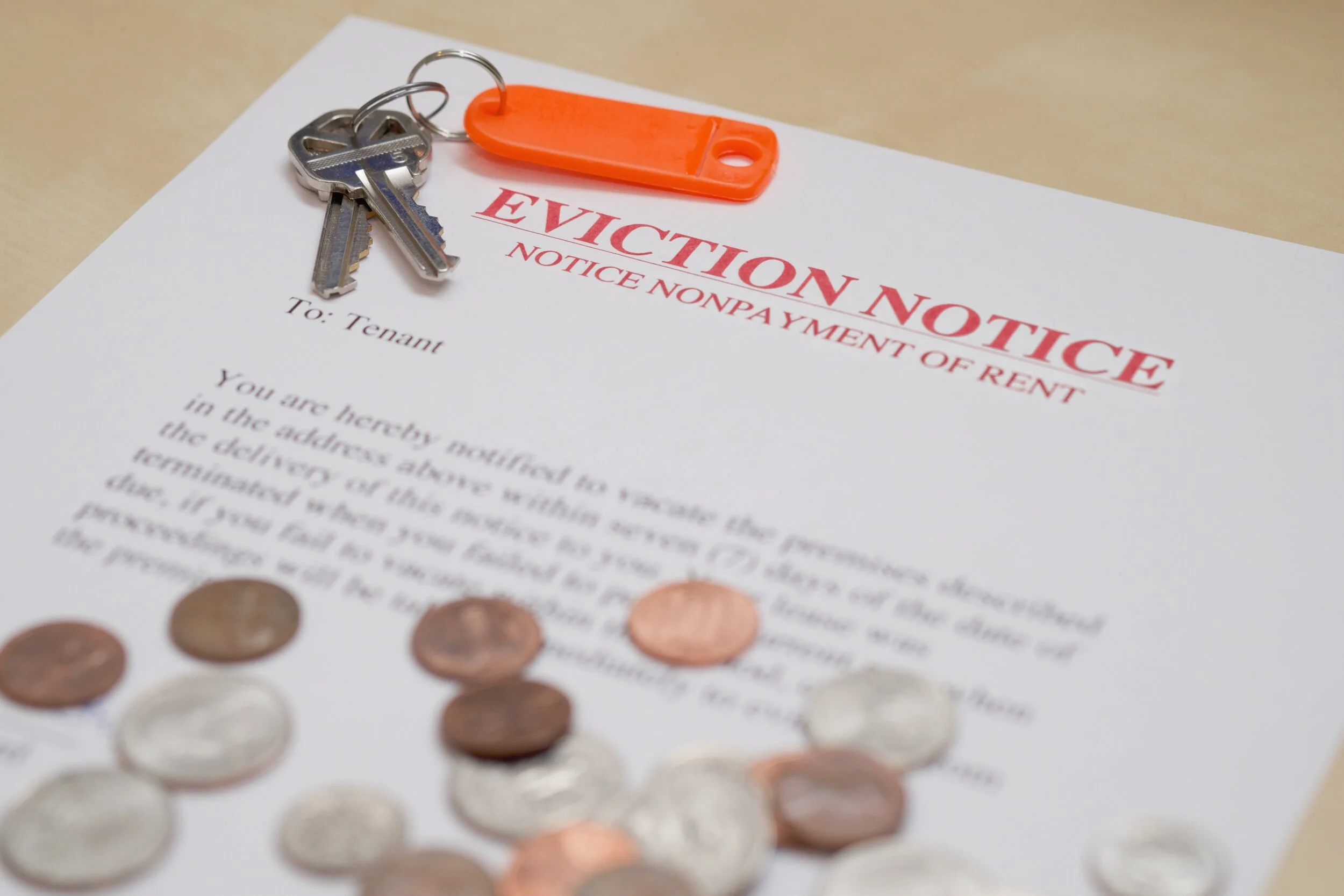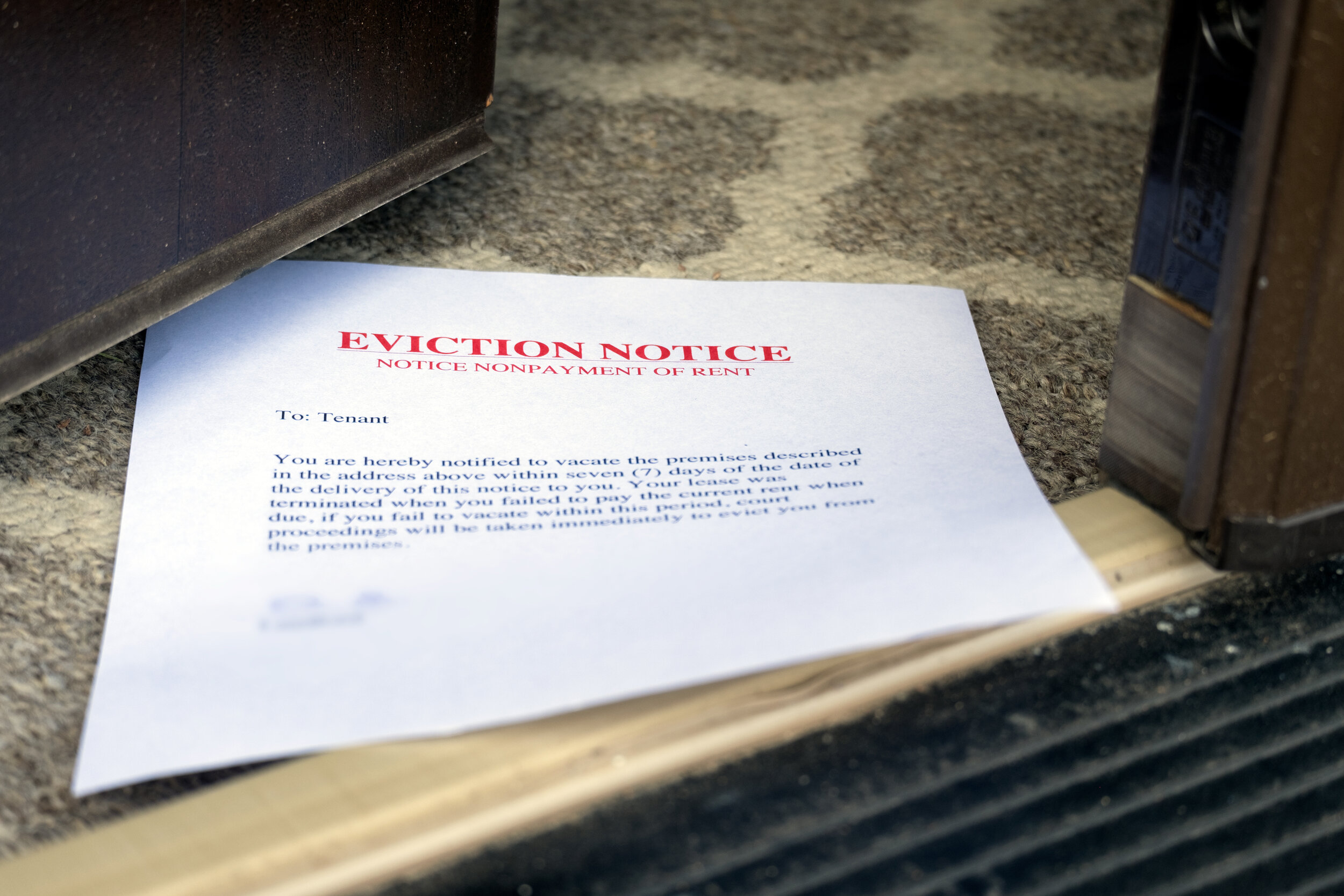The Colorado Common Interest Ownership Act (“CCIOA”) requires that all HOAs adopt specific policies (C.R.S. § 38-33.3-209.5). Furthermore, the Colorado legislature also enacted a statute requiring many companies to adopt a policy regarding the storage and protection of homeowners’ personal identifying information, which HOAs also must comply with.
Read MoreTwo new House Bills which directly impact HOAs were signed into law on July 2, 2021, one limiting restrictions on signs and flags, and one clarifying landscaping, e.g, non-vegetative turf, and renewable energy requirements, e.g., solar panels, etc. These changes will take effect on September 2021 unless referred to the people for a vote.
Read MoreHOAs and the Boards have the responsibility to manage their Association’s amenities, which may include a pool. We recommend consulting with the HOA’s legal counsel and insurance agent to determine if the Boards should open the pool in 2021. If your Board votes to open the pool, here are some state and local government requirements and recommendations.
Read MoreWhen notices from the H.O.A. prove unsuccessful in recovering delinquent assessments, transferring collections to a law firm is likely the next step. However, there is a prerequisite that must be fulfilled prior to the transfer, and there are certain documents and information that should be sent to…
Read MoreAs you may be aware, Senate Bill 20-211 (“SB 20-211”), which put restrictions on certain collection actions, expired on February 1, 2021. However, these restrictions were extended by Senate Bill 21-002 (“SB 21-002”) signed into law on January 21, 2021. Like its predecessor…
Read MoreThere may be times when an HOA Board may be in a situation where it needs to enter a condominium or townhouse Unit in their community. The Board does not have unrestricted access to the Units in their community, and the limits and the authority to enter a Unit are governed by the HOA’s Declaration.
Read MoreWhat if, during your annual meeting, an Owner who is delinquent or not in good standing is nominated for a vacant Board position? Can this Owner run for a Board position? Or are they prohibited for lack of good standing? The answer may surprise you.
Read MoreMany HOAs are hosting their required annual meetings towards the end of the year. In addition to the stress of making sure such meetings run smoothly, Boards and managers have to also navigate annual meetings during the COVID pandemic.
Read MoreAs the Colorado Legislature’s Regular Session closed for the year, two HOA related bills were passed into law, and another bill was put on hold. Read on for a summary of the new changes these laws will introduce into the realm of HOAs and managing companies.
Read MoreMany times, Homeowners express their passions and interests in the form of signs and/or flags on their property. However, HOAs are sometimes asked to restrict signs and flags that are controversial or politically charged. Legally, some signs and flags cannot be prohibited under Colorado law, although HOAs are given discretion to restrict the number, size, and length of time such items can be displayed.
Read MoreSenate Bill 20-211 was just signed into law on June 29, 2020, and puts temporary restrictions on debt collectors pursuing certain debt collection actions. The law prohibits a debt collector from taking “Extraordinary Collection Actions” if certain prerequisites are not met.
Read MoreHOA Boards have the responsibility to manage their HOA’s amenities. Due to the ongoing pandemic, many HOAs find themselves in the unique position of having to close amenities for health safety reasons or regulate how their amenities can be used by the Owners, in compliance with city, state, and federal health guidelines during the pandemic.
Read MoreAlthough some industries have been effectively shut down during the COVID-19 pandemic, the governance of HOAs has not been halted, and HOAs are still reliant on the receipt of assessments in order to pay the HOA’s ongoing bills. Unfortunately, Owners may have been financially impacted or may have lost their jobs due to the pandemic. As such, HOA Boards may be receiving requests for leniency from those Owners who have been financially impacted.
Read MoreDue to the need for minimal social contact during the coronavirus pandemic, Annual Meetings, Board Meetings, and other HOA matters are either being postponed or cancelled. Boards are left wondering how to best keep their affairs running smoothly while still staying safe. So, what can a Board do?
Read MoreShort-Term Rentals, which may range from nightly rentals up to six-month rentals, have become a problem in HOAs due to websites such as Airbnb and Vrbo. As you likely know, the Colorado Supreme Court has held that HOAs cannot restrict Short-Term Rentals unless their Declaration specifically allows such a restriction.
Read MoreWhile CCIOA dictates that there is a duty for an HOA to educate its owners, what precisely will satisfy that requirement is very broad; CCIOA leaves the criteria for compliance with the statute up to the discretion of the board. Essentially, the board of the HOA will determine what education the homeowners will receive, how they will convey that education, and when the education will be given.
Read More811 is a statute-created, statewide organization that notifies property owners of upcoming excavation and digging. Homeowners Associations are generally required to be registered with 811, the Colorado Notification Association (“811” or “Notification Association”), if they own underground pipes, cable, wires, or other similar lines (known as underground facilities) that cross public ways.
Read MoreThe Federal Housing Administration (FHA) is not a mortgage lender—but a federal agency that insures mortgage loans from approved banks and lenders for properties that meet the FHA’s requirements. What happens on October 15, 2019? The Federal Housing Administration (FHA) finalized regulations and policy implementation guidance to establish a new condominium approval process.
Read MoreMany Homeowner Associations struggle with getting the necessary participation and votes from the Owners of their community. This can cause issues with getting a necessary quorum to conduct business, passing document amendments, or even electing Board members. Here are some strategies that Boards can take to encourage a disinterested membership to vote….
Read MoreThe Americans with Disabilities Act (“ADA”), passed in 1990, was enacted to prohibit discrimination based on disabilities. Generally, the ADA does not apply to Associations. However, if the Association has any areas open to the public (i.e. a community pool, community gym, leasing office, etc) then those portions open to the public must adhere to the ADA.
Read More




















